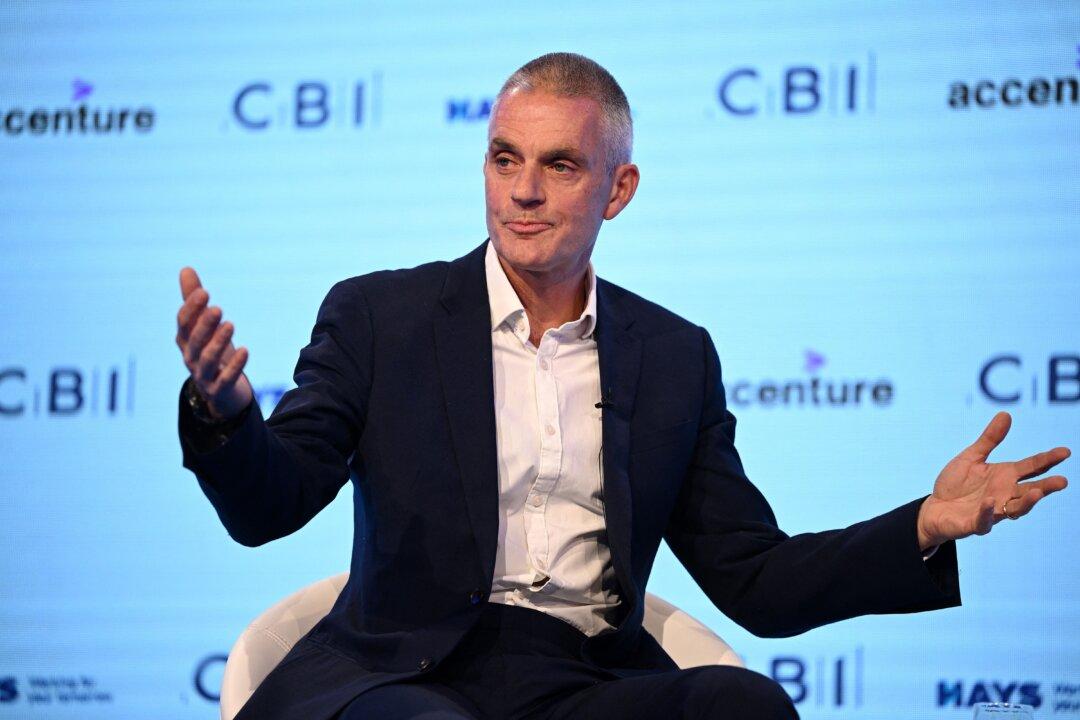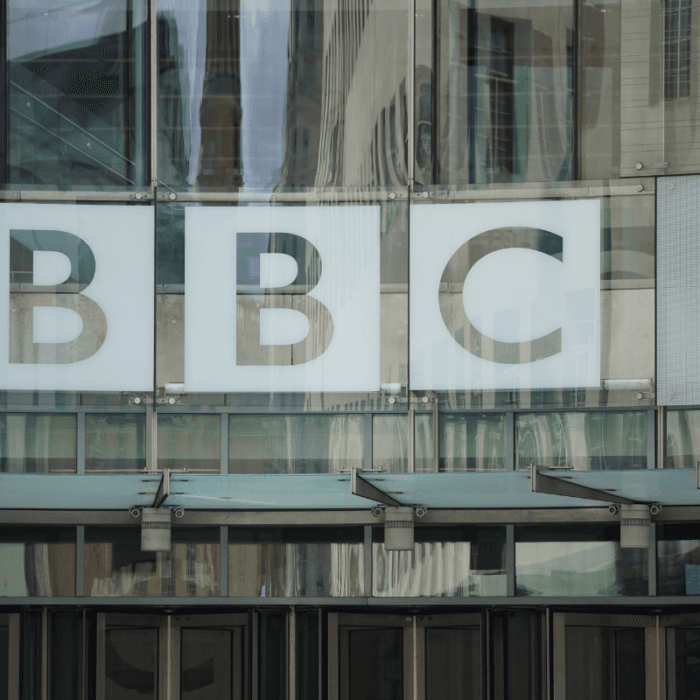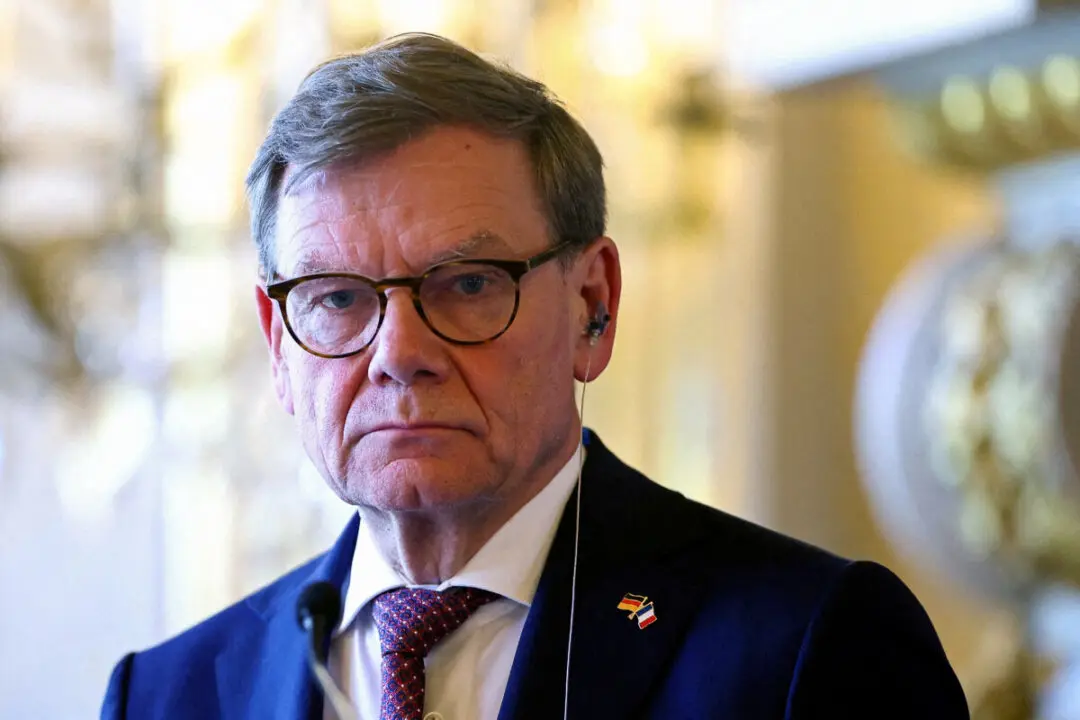The TV licence fee model needs to be more “progressive,” the BBC’s director-general has said, while maintaining that some form of licence should remain.
Speaking at a Royal Television Society (RTS) event in London on Tuesday, Tim Davie acknowledged that BBC funding “needs reform” and that he is planning “proactive research” into how the broadcaster would be financed after the current charter agreement ends in 2027.
In his speech, he said, “There is no doubt that the market has changed hugely since the licence fee was introduced and I think it is right to ask fundamental questions about its longevity in a world that is now full of choice.”
Mr. Davie said he said he will be “looking at its scope, how it could be more progressive, and making sure its enforcement is fair and proportionate.”
The BBC chief noted that those aged over 74 and receiving Pension Credit are entitled to a free licence fee, and he would consider exploring who else could be given concessions for the fee.
BBC Licence Fee Here to Stay
Mr. Davie also ruled out making the BBC a commercial endeavour, like many of its global competitors, or even scaling back the range of content the corporation produces. He said, “We should not create another commercial walled garden or a narrow BBC that provides a niche service for the most hardcore users.”“The very wonder of the BBC is that quality news sits next to genres such as drama and sport, thus ensuring widespread engagement. This is a precious ecosystem,” he added.
He said that a licence fee should remain in place in some capacity because he believes it is important that everyone has a “stake” in the BBC.
The BBC chief made the remarks as households face a rise in the licence fee in April, from £159 to £169.50 a year.
In the UK, residents must have a TV licence if they watch or record programmes on a TV, computer, tablet, mobile phone, or any other device that can receive a TV signal. A licence is also required for watching or downloading programmes on BBC iPlayer. Failure to have a licence can result in a fine of up to £1,000.
More Disney+ Style Partnerships
Despite rejecting the idea of commercialising the BBC, Mr. Davie is in favour of expanding cooperation with major tech players to fill gaps in funding, such as the corporation’s partnership with streaming service Disney+ for “Doctor Who,” one of the BBC’s longest-running franchises.He continued that “if you take David Attenborough, with some of the finest programs of our generation, they’re often majority funded by commercial companies internationally.
“So, we can invest as long as we keep editorial control of our values, and I think actually we should grow the BBC’s commercial arm.”
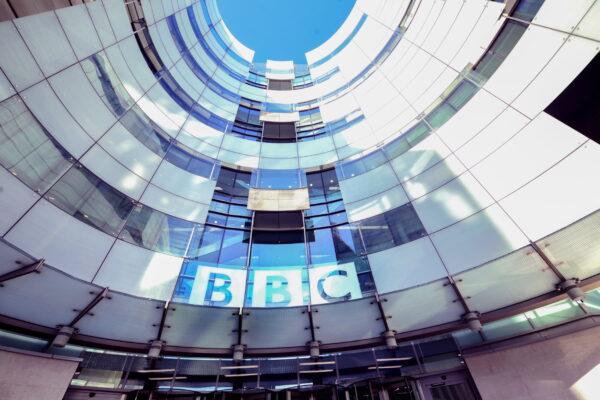
End of BBC ‘Undoubtedly on Its Way’
Veteran screenwriter and returning showrunner of “Doctor Who” Russell T. Davies also acknowledged the importance of partnerships with big commercial entertainment outlets to produce quality content, suggesting that without the support of Disney, “Doctor Who” episodes would revert to looking like “claustrophobic ghost stories.”“We now live in a science fiction age. We live in a world of streaming,” he said, adding that in order for the BBC to compete in terms of production quality with the likes of Netflix, it would have to pair with commercial giants, because “there’s no way the BBC is going to fund that.”
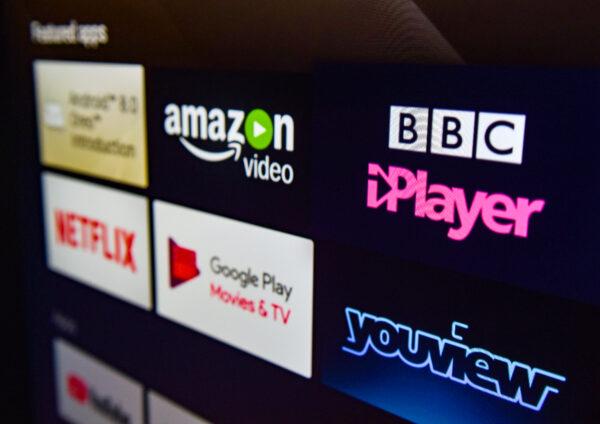
“If it suddenly collapsed, if Disney collapsed tomorrow, and we have to go back to making ‘Doctor Who’ on a normal BBC budget, you know what? We'll all rally around and make it and, suddenly, stories would become claustrophobic ghost stories,” said the head of one of the BBC’s most successful intellectual properties.
In trying to reassure “Doctor Who” fans that the show would outlive its broadcaster, Mr. Davies was blunt in his assessment that the show would continue in the event of the “end of the BBC,” which he said was “undoubtedly on its way.”
“You’ve also got to look in the long term at the end of the BBC, which is somehow surely undoubtedly on its way in some shape or form. Is ‘Doctor Who’ going to die, then? No! You’ve got to prepare for that kind of stuff,” he said.
